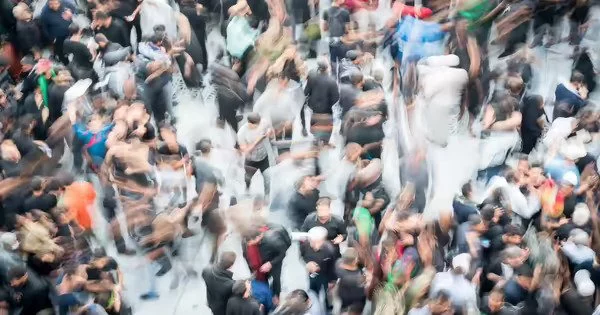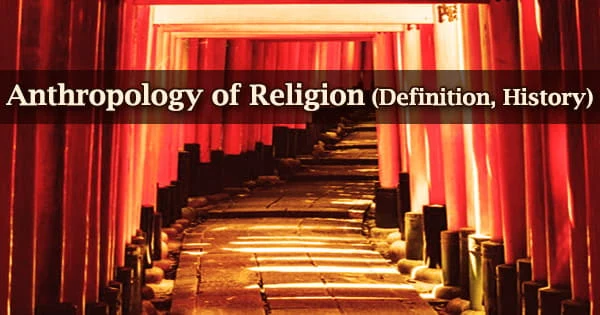Crowds are large gatherings of people at a specific location and time. The statement implies that crowds can be uncontrollable at times, particularly in the future. It also implies that the increasingly disorderly behavior of some people in crowds is causing trouble.
Why is it that people in crowds are increasingly behaving erratically, making them difficult to manage? Perhaps these stressful times, combined with an increasing erosion of moral values, encourage decadent behavior, particularly in the maintenance of decent order in a large number of people. However, the question necessitates an examination of how to control this increasingly difficult task of crowd management, rather than the causes of errant crowd behavior. For this, the author proposes that we examine the different types of crowds which may turn unmanageable.
Let’s start with a crowd of shoppers. Because of its popularity, a crowd is always drawn to a shopping center. Security personnel, as in any crowd situation, are essential in controlling potentially disorderly behavior of large numbers of people. To maintain order, there must be enough guards equipped with communication devices. Sales are attracting a growing number of people. I believe that promotions on heavily discounted items should be held during non-peak hours on weekdays. In this way, the number of shoppers and the likelihood of disorder would be reduced. For popular sales items, a queue or draw system could be implemented. The last thing any retailer should do is keep popular sale items in open bins. This would simply invite a frenzy of pushing and shoving to get hold of these items.
A football crowd differs from a shopping crowd. In a crowd that becomes uncontrollable, there is a greater male presence and an increased proclivity for violence. Aside from increased security personnel, the entrance gates may be opened earlier for a popular match. Keep an eye out for gatecrashers and troublemakers who rile up the crowd. Liquor and any other possible material for missile throwing should be prohibited. Guard dogs and police patrols stationed near the railings separating the players and the crowd should be used if the fans become physically abusive or agitated. Of course, riot police could be used as a last resort.
Crowds visiting exhibitions would also require our attention to certain details. The car parks should be closed if there are too many people and the entrances monitored for increased flow of people. Lines should be kept moving and for popular exhibits, a limited time should be set for viewing.
Control measures are also required for large crowds at festival celebrations and street parties. Points where people are likely to congregate must be monitored to avoid overcrowding. A crowd planning to watch fireworks would arrive early. I recall the recent opening of the Arts Centre in Singapore. Buskers and musical performances kept the crowds on the Esplanade entertained. This was done to get the audience in a good mood. Even though they had been waiting a long time and were standing shoulder to shoulder in some places, the large crowd was orderly and peaceful when the fireworks went off.
As a result, these are the suggestions I have made to control crowds, which are becoming increasingly difficult to manage.
















